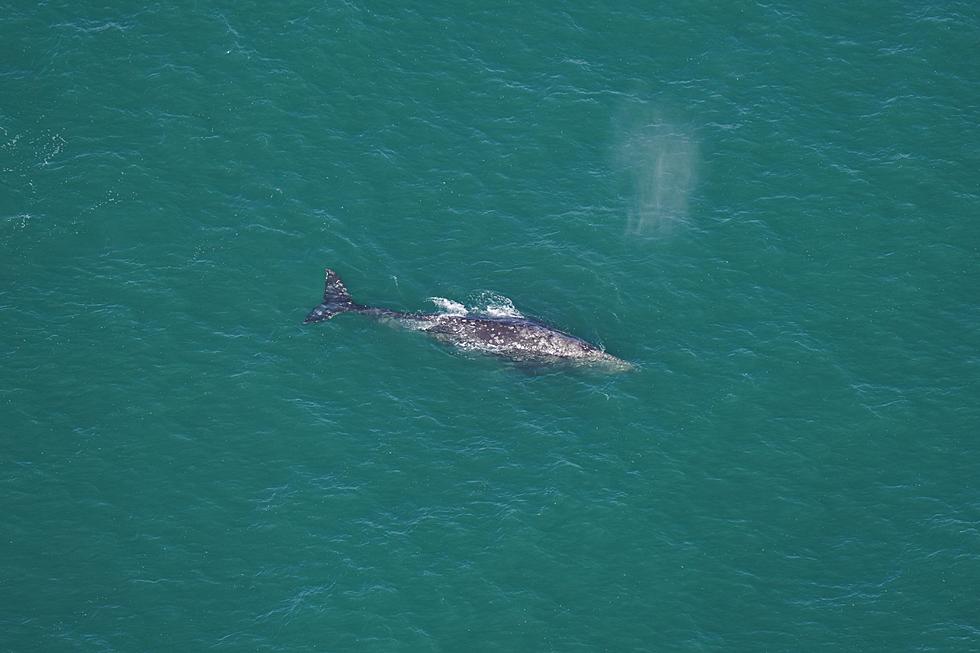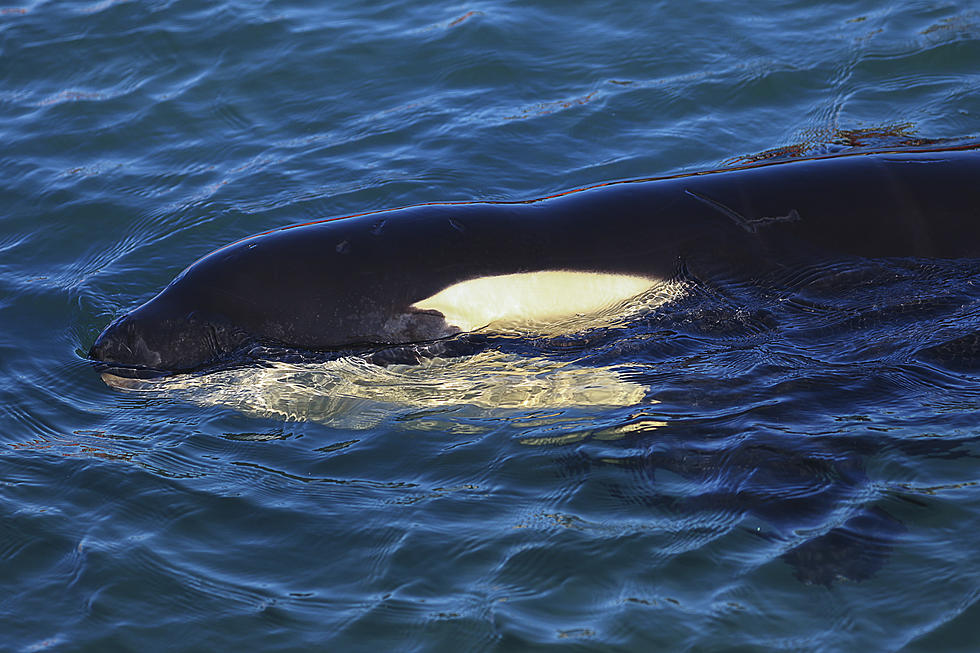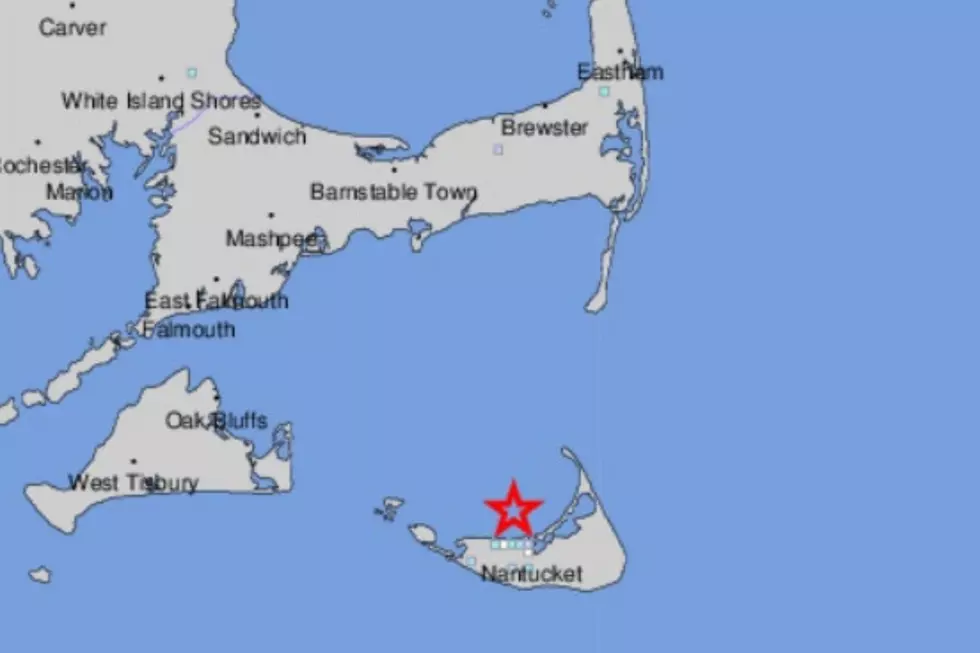
Massachusetts Researchers Spot Rare Whale Thought To Be Extinct
It's a species of whale that up until last week scientists thought were extinct in Atlantic Ocean waters.
Then on Friday, they were proven wrong.
On March 1, 2024 an aerial survey team with the New England Aquarium spotted a wonderful sight. The first gray whale off the New England coast in over 200 years.

It was a find so rare, the plane circled the area where it was spotted swimming for nearly 45 minutes, just to make sure they were really seeing what they thought they were.
The survey team was just 30 miles south of Nantucket when the saw an unusual whale in the waters below. They watched the animal as it dove and resurfaced numerous times, presumably feeding.
Orla O’Brien, an associate research scientist in the Anderson Cabot Center for Ocean Life at the New England Aquarium and Kate Laemmle, a research technician, were aboard the plane and nearly unbelieving of what they were seeing.
As O'Brien put it,
“My brain was trying to process what I was seeing, because this animal was something that should not really exist in these waters. We were laughing because of how wild and exciting this was—to see an animal that disappeared from the Atlantic hundreds of years ago!”
While gray whales are not entirely extinct, they did disappear from the Atlantic in the 18th century. Currently gray whales are typically spotted in the North Pacific Ocean, but as of 15 years ago have been observed in Atlantic and Mediterranean waters.
The last Atlantic Ocean sighting of a gray whale was December 2023 in Florida and New England Aquarium scientists believe this gray whale sighting is of that same whale spotted before Christmas.
While the sighting is amazing and extremely rare, it may not be a good thing.
Gray whales need the Northwest Passage, which connects the Atlantic and Pacific through the Arctic Ocean in Canada, to get to New England waters. That passage has been blocked by thick ice for decades making it impossible for the gray whales to swim out of the North Pacific.
However, with rising global temperatures, the Northwest Passage is now virtually ice free in the summer months and the gray whales can travel a path that hasn't been available in about a century.
As O'Brien says,
“These sightings of gray whales in the Atlantic serve as a reminder of how quickly marine species respond to climate change, given the chance.”
Gray whales are distinctive in several ways from other whale species. They have no dorsal fin for one, unique mottled gray and white skin along with a dorsal hump followed by pronounced ridges.
7 Types of Whales Found off the Coast of Maine
Gallery Credit: Chris Sedenka
Nantucket Mansion Sells to Barstools Media Founder
Gallery Credit: Jackson Scott
More From WBSM-AM/AM 1420









